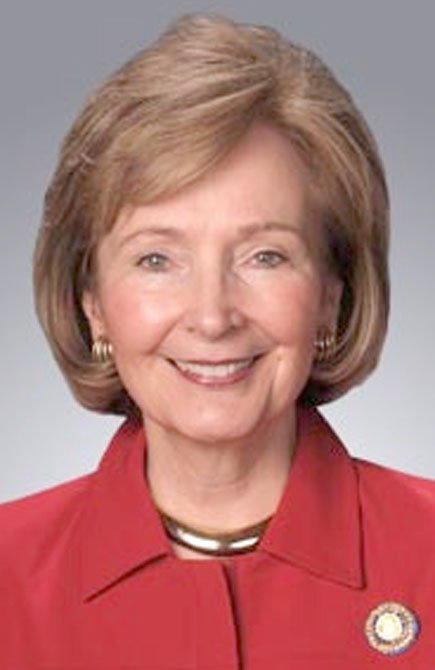LITTLE ROCK -- Pay raises have been proposed for direct care employees at the state's five centers for people with multiple disabilities.
They live in the facilities, which are known as Human Development Centers, or HDCs. Residents receive treatment, therapy and education. The range of services is comprehensive, because of the special needs of the 900 people who live in the residential homes.
The five HDCs are in Jonesboro, Arkadelphia, Warren, Conway and Booneville.
Administration of the facilities is by the Developmental Disabilities Division, a part of the largest state agency, the Department of Human Services.
The Division is proposing significant salary increases for direct pay staff. They will receive free training toward certification as a certified nursing assistant, and the Division also will pay for any testing and application fees they incur. By December of this year, they will be required to have the CNA certificate.
Base pay will increase from $22,000 to $26,000 a year. For supervisors, it will increase from $26,000 to $32,405.
Non-direct care staff, such as workers in the laundry, cafeteria and maintenance crews, will see their pay go up to the minimum wage of $11 an hour, when it takes effect Jan. 1, 2021. Non-direct care staff also will have the opportunity to earn a CNA certificate at no cost.
The Division also proposes to raise salaries of licensed practical nurses at the HDCs.
The facilities have seen huge turnover among staff. The director of the Division said that turnover averaged more than 100% at the five HDCs. The work is difficult, and if the salaries are comparable with fast food work, it's difficult to keep employees.
Also, high turnover is disruptive for the residents being treated at the HDCs. They respond to treatment better when they know the staff and the staff knows them.
The proposed pay raises have not yet been approved by the legislature.
Lottery Sales
Lottery ticket sales for the first eight months of this fiscal year are down from last year. That's important because revenue from the state lottery pays for college scholarships, after prizes to winners have been awarded.
The head of the lottery attributed the decline in lottery sales to the lack of an enormous jackpot. In past years, lottery sales in Arkansas have been boosted because of interest created in huge jackpots in national lotteries like Mega Millions and Powerball. Arkansas participates in those national lotteries.
Other factors were the opening of a new casino in Pine Bluff and the expansion of gambling establishments in Hot Springs and West Memphis. Also, Mississippi now has a lottery that participates in Mega Millions and Powerball.
Lottery ticket sales in counties near Mississippi saw double-digit decreases, compared to the first eight months of last year. Jefferson County, home of a new casino, had a 10% drop in lottery sales.
About $94.6 million will be awarded in scholarships to about 33,000 college students if people buy as many lottery tickets as estimated by higher education officials.
Some lottery officials want the state to consider adding new varieties to lottery games, such as keno. However, that idea has drawn opposition from key senators who point out that keno was not part of the promotional campaigns for the original lottery amendment when it was approved by voters in 2008.
• • •
Editor's note: Arkansas Sen. Cecile Bledsoe represents the third district. From Rogers, Sen. Bledsoe is chair of the Public Health, Welfare and Labor Committee.
Editorial on 03/18/2020
